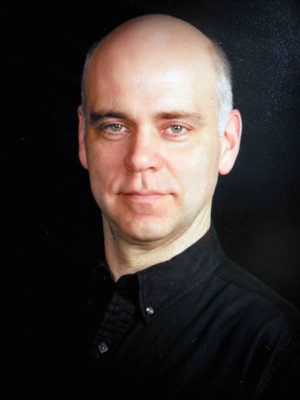
This event is part of our Critical Minds series to be held October 12, 7-8:30 pm ET on Zoom (americanhumanist.org/CriticalMinds) and will be recorded shared in Programs & Webinars. Topic will be expanded in Further Reflections on Enlightened Brain: Neuroscience of Everyday Life.
How might the flourishing life and human sciences change humanism?
Looking back a century, the humanism of 1900 was an optimistic vision informed by the steady march of physical science and inspired vaguely by the recent evolutionary theory. However, physics and chemistry gave little guidance about how to build a good society, while empowering wars and environmental devastation; early applications of Darwinian metaphors to human society seem to have exacerbated our problems.
The last century, and particularly the new millennium have seen increasing richness of the life sciences and investigations of human nature; this proliferation of knowledge may enrich and shape humanism in this century.
This talk will discuss the promises and limitations of genetics for human health and well-being; how new biotechnologies may meet the challenge of emerging diseases; how modern genetics both places humans within nature and conclusively refutes the racist tropes of the past; how brain sciences show how differently we all operate; how archaeology and social science are uncovering the conditions under which cooperation flourishes.
All these streams of knowledge may flow into the great current of humanism if we choose to embrace them.

Dr. Mark Reimers works as a computational neuroscientist: he studies brain function by applying statistical methods to look for patterns in large-scale recordings of brain activity and behavior. He applies these methods to understand normal memory function and shed light on mental illness. Dr. Reimers has worked at the US National Institutes of Health, the Karolinska Institute in Stockholm, and at the Virginia Institute for Psychiatric and Behavioral Genetics in Richmond, and now does research and teaches at Michigan State University. His broader aim is to ground our understanding of the mind in the facts of biology.
Dr. Reimers was the leader of the Richmond Humanists in Virginia for five years, and now leads the UU Forum in Lansing, and speaks frequently at humanist and science outreach events in Michigan.

